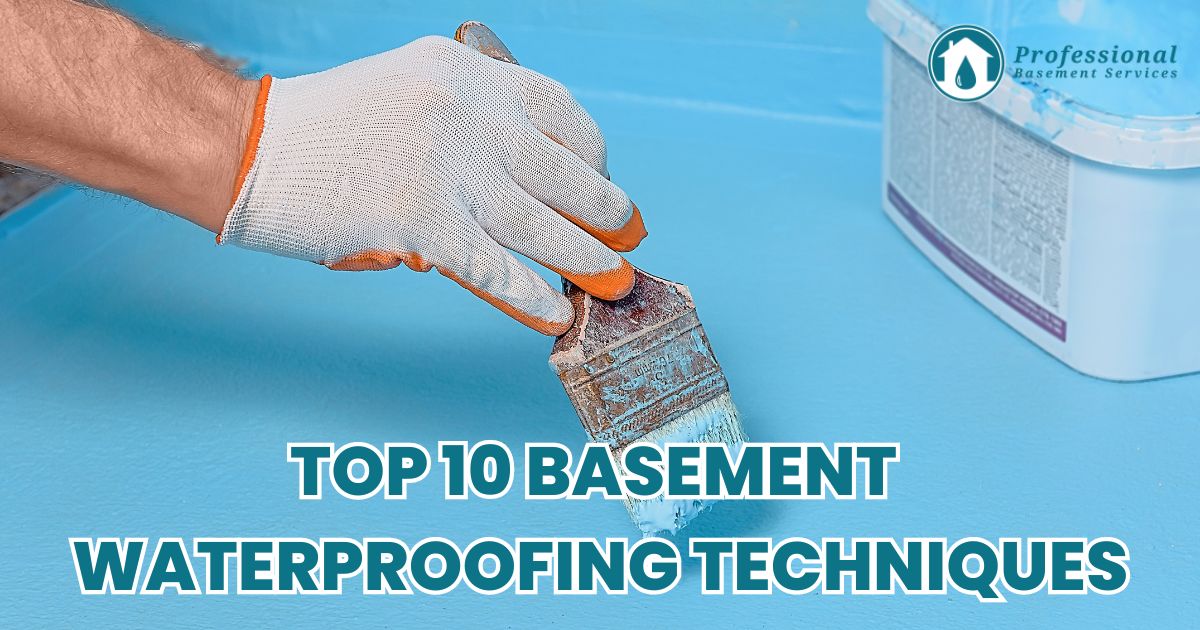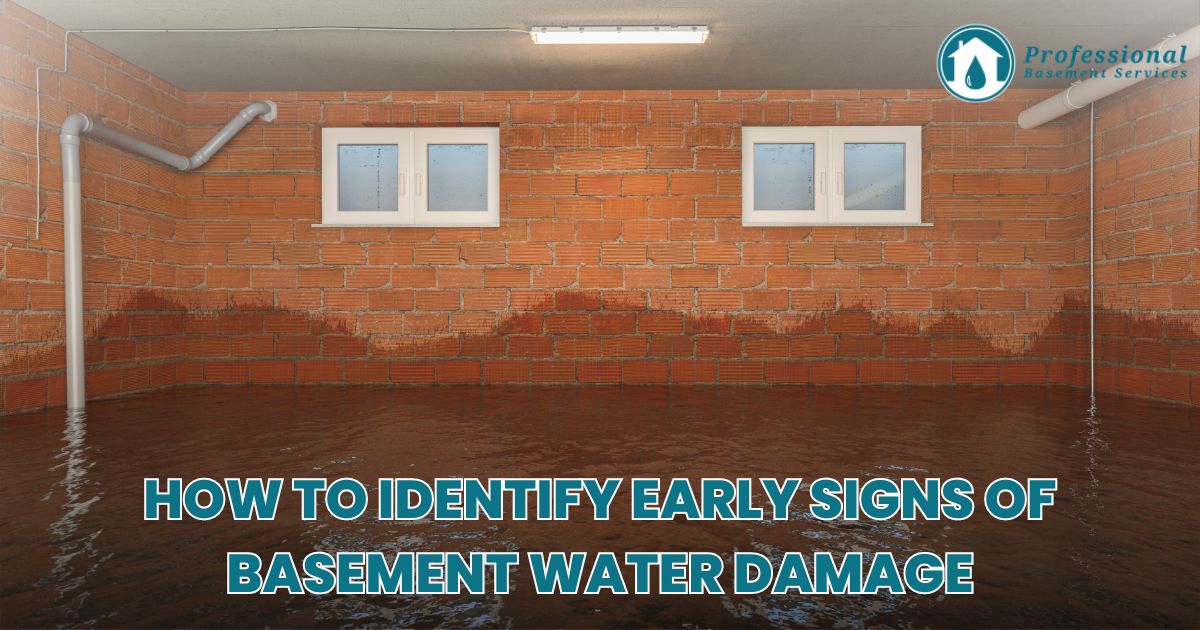Breathe Easy: How to Win the War – Basement Mold Solutions
Mold in the basement is not just a nuisance—it’s a health hazard that can affect your home’s air quality and your family’s well-being. Winning the war against basement mold is crucial for maintaining a healthy living environment. This guide offers comprehensive “Basement Mold Solutions” to help you breathe easier and ensure your home remains mold-free.
Understanding the Enemy: Basement Mold
Mold thrives in damp, dark, and humid conditions—conditions that basements often provide. It can cause a variety of health issues, including allergies, respiratory problems, and worsened asthma symptoms. Understanding how mold grows and spreads is the first step in effectively combating it.
Signs of Mold in Your Basement:
- Musty odors
- Visible growth on walls, floors, or ceilings
- Excessive humidity
- Water damage or stains
- Health symptoms such as coughing, sneezing, or itchy eyes
Strategic Planning: The First Line of Defense
Before diving into solutions, it’s important to assess your basement for mold risk factors. Identifying and addressing these risk factors can prevent mold growth from starting in the first place.
Risk Assessment Checklist:
- Check for water leaks or damage.
- Evaluate your basement’s ventilation.
- Measure humidity levels (ideally, they should be below 60%).
Tactical Approaches: Implementing Basement Mold Solutions
With an understanding of mold and its risk factors, it’s time to implement solutions. Here are proven strategies to combat basement mold effectively.
1. Moisture Control: The Foundation of Mold Prevention
Controlling moisture is key to preventing mold growth. Use dehumidifiers to maintain low humidity levels and repair any leaks or water damage promptly.
2. Improve Ventilation: Keep the Air Moving
Enhancing ventilation helps reduce moisture levels, making your basement less hospitable to mold. Consider adding exhaust fans or opening windows to improve air circulation.
3. Regular Cleaning: An Ounce of Prevention
Regularly cleaning your basement can help prevent mold spores from settling and growing. Use mold-resistant cleaners and keep the area dry and dust-free.
4. Use Mold-Resistant Products: Build a Barrier
When renovating or repairing your basement, choose mold-resistant materials such as drywall, paints, and flooring. These products can significantly reduce the risk of mold growth.
5. Professional Mold Remediation: Call in the Experts
If mold infestation is extensive, it may be time to hire professional mold remediation services. Experts can safely and effectively remove mold and help prevent future growth.
Winning the Battle: Maintenance and Vigilance
After implementing these basement mold solutions, ongoing maintenance and vigilance are crucial to keeping mold at bay.
Maintenance Tips:
- Regularly inspect your basement for signs of mold or moisture.
- Keep dehumidifiers and ventilation systems in good working order.
- Clean and declutter your basement regularly to improve airflow and reduce mold growth potential.
Staying Vigilant:
- Monitor humidity levels and adjust dehumidifiers as needed.
- Be on the lookout for any water leaks or damage, addressing them promptly.
Conclusion
Winning the war against basement mold is possible with the right knowledge and tools. By understanding mold, implementing effective solutions, and maintaining a vigilant and proactive approach, you can ensure your basement remains a healthy, mold-free environment. Breathe easy knowing you’re taking the necessary steps to protect your home and your family from the dangers of basement mold.
Frequently Asked Questions
Q: How often should I check my basement for mold?
A: Inspect your basement for signs of mold and moisture at least every season, especially after heavy rains or changes in humidity.
Q: Can I remove mold myself?
A: For small areas (less than 10 square feet), you may be able to remove mold yourself with proper safety gear and mold removal products. For larger infestations, it’s best to contact professionals.
Q: How do I know if my basement’s humidity is too high?
A: Use a hygrometer to measure the humidity level. If it consistently reads above 60%, your basement’s humidity is too high, and you should use a dehumidifier to lower it.





